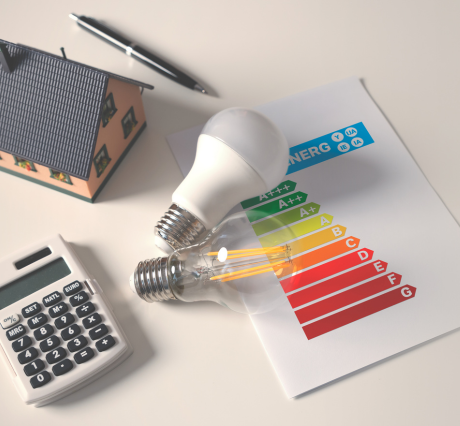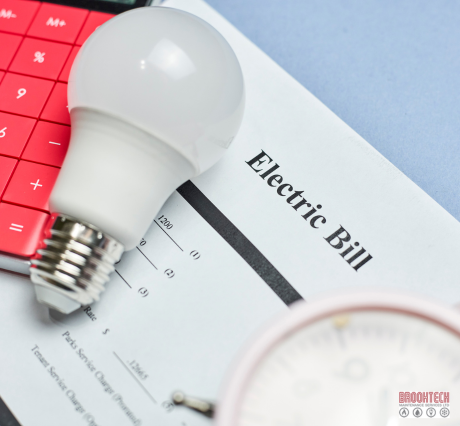A Guide to Commercial Mechanical and Electrical Efficiency
In the fast-paced world of commercial enterprises, the drive towards sustainability and cost-effectiveness has never been more crucial. As businesses grapple with the dual challenges of reducing both their environmental impact and operational expenses, the role of mechanical and electrical maintenance firms becomes pivotal. In this comprehensive guide, we explore strategies and best practices for achieving optimal mechanical and electrical efficiency in commercial spaces, focusing on our adept maintenance teams.
Understanding the Importance of Electrical Efficiency
In the realm of commercial spaces, energy efficiency is a cornerstone for success. According to a report by the UK government’s Energy Savings Trust, adopting energy-efficient practices can yield up to a 20% reduction in energy bills. Our commitment to energy efficiency aligns seamlessly with this, as we recognise the direct impact on both the environment and the bottom line.
The Role of Regular Maintenance in Energy Optimization
Regular maintenance forms the bedrock of a well-functioning mechanical and electrical system. The Carbon Trust emphasizes the significance of regular maintenance in preventing system breakdowns and ensuring energy efficiency. Our experienced teams understand that neglected systems can become inefficient, leading to increased energy consumption over time.
Incorporating Advanced Technologies for Greater Efficiency
Smart technologies are at the forefront of the energy efficiency revolution. The integration of intelligent HVAC systems, for instance, can result in significant energy savings. Such technologies can lead to reductions in energy consumption. Our maintenance teams specialize in seamlessly integrating these cutting-edge solutions, ensuring businesses harness their full potential.
Case Studies: Demonstrating Success in Energy Optimisation
Real-world success stories provide tangible proof of the impact of energy-efficient upgrades. In a recent project, our team overhauled the electrical and heating systems of a large commercial space, resulting in a remarkable 25% reduction in overall energy consumption. This success mirrors findings from the National Energy Foundation, underlining the tangible benefits of comprehensive mechanical and electrical upgrades.
The Financial Advantages of Energy Efficiency
Beyond environmental sustainability, optimizing energy efficiency presents significant financial advantages for businesses. Reduced energy consumption directly translates to lower operational costs, contributing to enhanced profitability. The Energy Savings Trust highlights that a 20% reduction in energy bills, achievable through energy-efficient practices, can substantially improve a company’s bottom line.
Government Incentives for Energy-Efficient Practices
In the United Kingdom, businesses can leverage government incentives to further promote energy-efficient practices. The Carbon Trust[^5^] offers various initiatives and funding opportunities to support organizations in implementing energy-saving measures. From grants to interest-free loans, these incentives provide additional motivation for businesses to invest in energy efficiency.
The Impact on Corporate Social Responsibility (CSR)
Adopting energy-efficient practices not only benefits businesses financially but also aligns with broader corporate social responsibility (CSR) objectives. Companies that prioritize sustainability and environmental responsibility enhance their brand reputation, attracting environmentally conscious consumers and partners. The Carbon Trust[^6^] emphasizes the positive impact of CSR initiatives on brand image and stakeholder relationships.
Ready to Optimise your Electrical Efficiency
Optimizing energy efficiency in commercial spaces is not just a trend but a strategic imperative. With our seasoned teams and a focus on state-of-the-art technologies, we empower businesses to achieve substantial energy savings. This not only contributes to environmental sustainability but also unlocks significant financial advantages in the long run.








